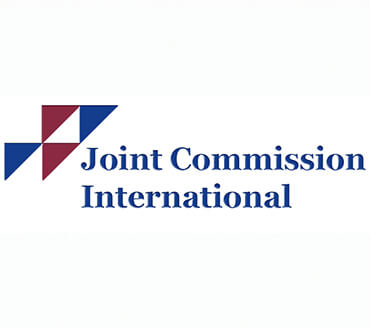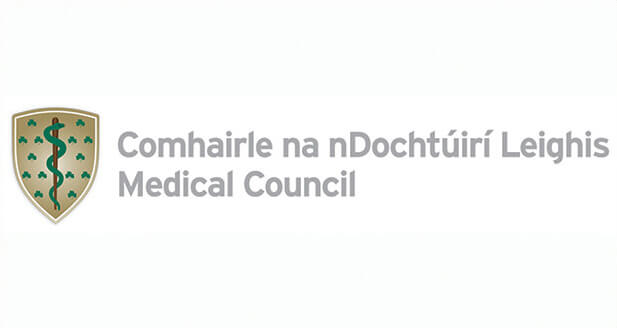Do you do hair transplantation on women?
Yes, we do. Hair transplantation is suitable for treating female patients with female pattern hair loss (androgenetic alopecia) or hair loss due to scarring.
What causes hair loss in women?
Many women suffer from hair loss. The causes are more complex that those in men. Female hair loss can be as a result of female pattern hair loss, scarring, an underlying health condition or a dermatological condition.
For women suffering from female pattern hair loss medical treatment at HRBR in combination with hair transplantation can be very successful.
Likewise hair transplantation can be very effective for our female patients with hair loss from scarring as a result of accident, injury or surgery.
Patients suffering from hair loss as a result of a dermatological condition such as alopecia areata are advised to attend with our consultant dermatologist who specialises in hair loss. Treatment usually involves a medical treatment and close management of the condition. For more information visit our dermatology page.
For patients with an underlying health condition that is causing their hair loss, treatment of the underlying condition is necessary in order to treat the hair loss. Attendance with your GP for onward referral to the correct specialist is advised in this case.
Why are some women not candidates for hair transplant surgery?
Hair transplantation involves the movement of hair from an area of greater density and fullness in the back of your scalp to an area of hair loss in the front, top or crown. Women who have generalized thinning (Diffuse Unpatterned Alopecia) have hair that is thin all over the head therefore the principal above does not apply.
For some women, there is also the possibility that the hair in the recipient area is more fragile and some, or all, of the original hair in this area may be lost following transplantation into this area. This process is called “telogen effluvium” and, when it occurs the area of hairloss normally recovers in a 3 to 6 month period.
Other women with underlying health conditions or dermatological conditions require for these conditions to be treated before transplantation would be considered. If not treated the transplanted hair in many cases would be attacked by the same condition and would not grow following transplantation.
Contact Us
If you would like to arrange an appointment at HRBR’s dermatology clinic to discuss your hair loss concerns or for any further information please contact us on +353 1 209 1000 or info@hrbr.ie.










